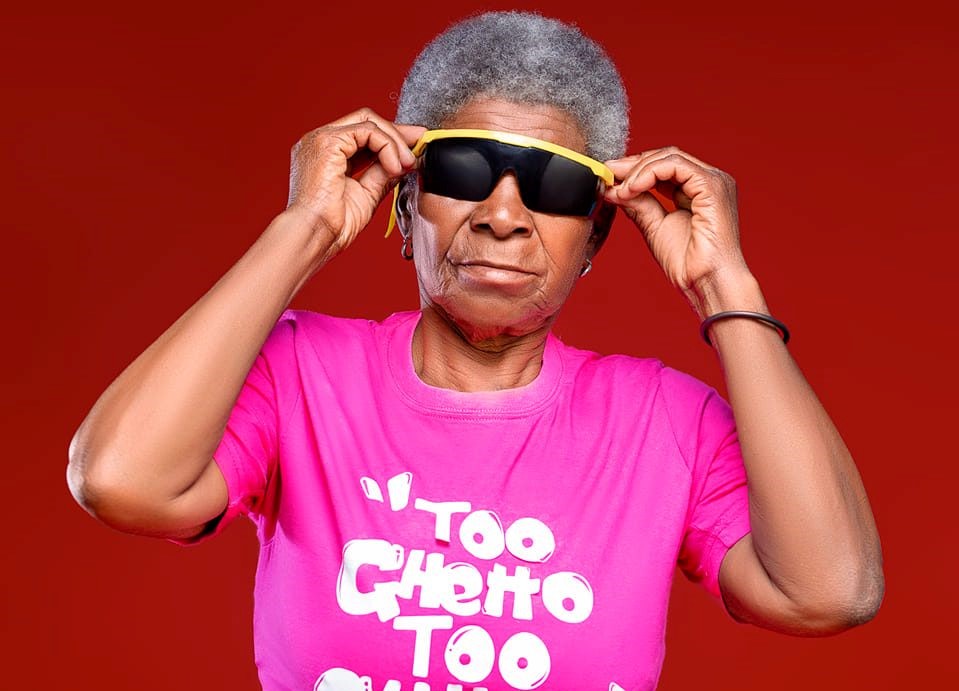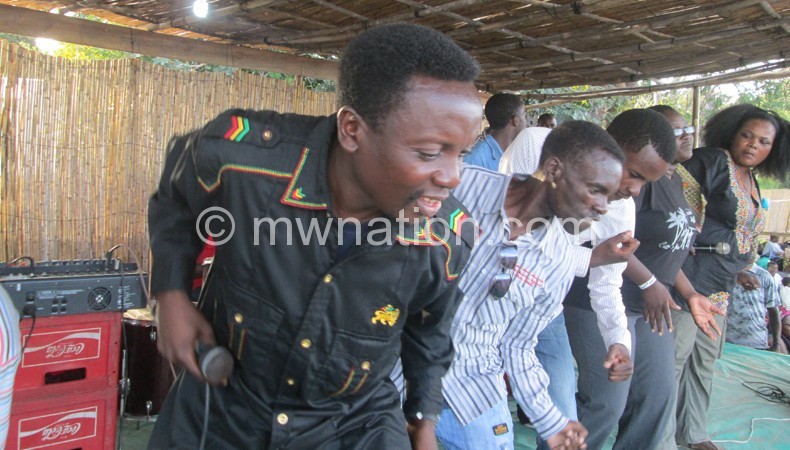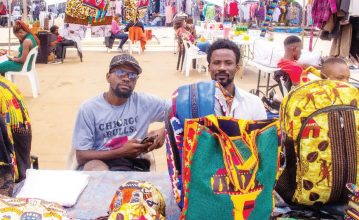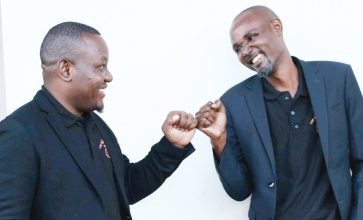Theatre for development
Theatre for Development (TfD) is a powerful tool for community engagement. It raises their consciousness on the problems they face, provides a platform for dialogue and empowers them to act by suggesting possible solutions to their problems.
Zomba-based non-governmental organisation Art and Global Health Centre Africa (ArtGlo) understands this concept. It is implementing a Sexual and Reproductive Health Project called ‘Phukusi la Moyo’ aimed at encouraging people to seek and access integrated services of HIV and Aids, sexual reproductive health (SRH) and sexual gender-based violence (SGBV) in Mimosa and Chinyama villages in Mulanje.
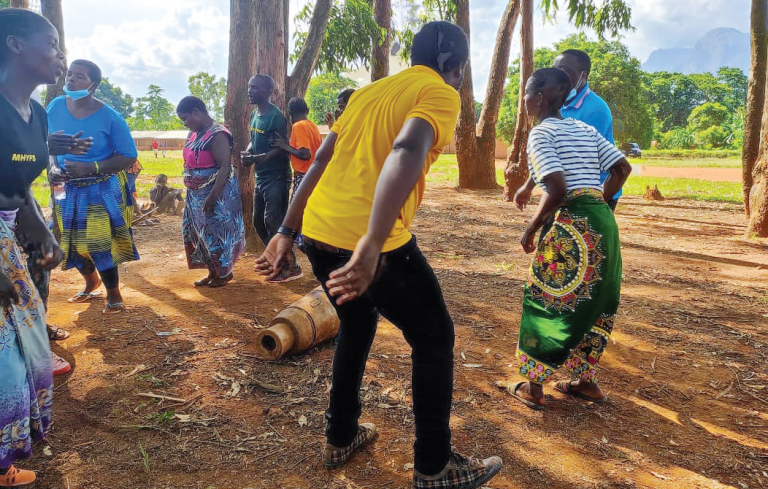
The project has adopted the TfD approach to address SRH challenges faced by communities in the district.
ArtGlo participatory art facilitator Vitumbiko Gwambaike Zgambo says TfD is important because it creates an environment for discussion regardless of people’s positions in the society.
He said: “TfD creates a platform where perpetrators and penetrators iron out their concerns and come up with solutions to deal with the problem.
“For instance, during a TfD performance at Chinyama, a woman rose up and complained about the side effects attributed to some contraceptive methods which forced them to shy away.
“In response, a health official encouraged the women to visit the hospital if they see any negative effects of a particular contraceptive method so that they can change their prescription. This is what TfD does. It creates a free environment for everyone to talk.”
Zgambo says p r ior to implementation, they did TfD research where they used various TfD techniques such as role play, music and dance, participatory rural appraisal, group discussions, in-depth interviews and others.
“Firstly, in TfD the masses are engaged from the word go. We engaged the masses during the research process to understand the problem at hand. During the performance, the audience were allowed to comment, ask questions and provide solutions pertaining to the issues under discussion,” he says.
ArtGlo programmes manager and the project’s lead Lekodi Magombo says TfD has proven useful in promoting health seeking behaviours including accessing HIV-related services in sub-Saharan Africa.
“The project is working with drama clubs in Mimosa and Chinyama to engage these communities and develop performances which can improve the uptake of SRH services. This is an approach which we have used in the past and has been effective,” he said.
The organisation had its first TfD performance in Mimosa where one of the drama clubs they are working with, portrayed several SRH related issues particularly focusing on contraceptives.
Speaking befor e t h e performance, a drama club member Alinafe Abraham dwelt on the importance of having a performance focused on contraceptives in Mimosa.
“When we went to do research in the community, we found so many misconceptions around contraceptives which has led to mothers prohibiting their children from accessing them. We want to change that and the performance is a creative way of starting that conversation and debunking those misconceptions. We want to show parents that it is alright to have these discussions with their children and that there is nothing wrong using contraceptives,” she narrated.
The performance which actively engaged the members of the community clearly false information about contraceptives and had a number of women changing their perception on the issue.
After the performance, Mayi Nkata said it had greatly helped her understand more about contraception.
“Telling my daughter about contraceptives feels like I am sending her to sleep around. But the performance has been very educative,” she said. The project is supported by UNAids under the 2gether4SRHR programme which is an integrated joint programme on SRH, GBV and HIV and Aids targeting adolescent girls, young people and key populations.


